San Antonio's River Walk, a catalyst for abundant commercial and tourism enterprise, is generally regarded by cities and urban planners throughout the world as a prototype for the development of urban riverfront sites. The River Walk's success, however, would not have been possible without a series of flood-control and architecture projects completed in the first half of the 20th century that relied heavily on civil-engineering expertise.
San Antonio
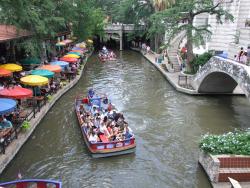
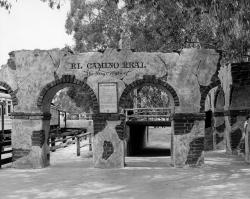
Historically, a camino real (Royal Road) is defined as a road that connects Spanish capital with Spanish capital, a distinction not shared with roads connecting ordinary Spanish or Indian villages. The term Camino Real implied that the status and privileges granted to the villas and capitals it connected were extended to the main routes of travel through use by officials and others acting in the interest of the crown. Unlike ordinary Indian and Spanish villages, villas like San Antonio and others along the route had charters that prescribed royal privileges.

This is one of the earliest uses of engineered water supply and irrigation systems in the United States. The first of eight original acequias was under construction in 1718 and two are still in operation. The remains of one are visible on the grounds of the Alamo. The Acequias of San Antonio are among the earliest engineered water supply and irrigation systems recorded in the United States. The Acequias served an integral role in the growth and stability of the San Antonio community for nearly 200 years.
Innovations
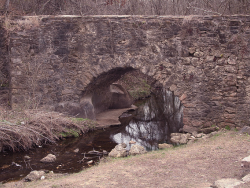
This is one of the earliest uses of engineered water supply and irrigation systems in the United States. The first of eight original acequias was under construction in 1718 and two are still in operation. The remains of one are visible on the grounds of the Alamo. The Acequias of San Antonio are…
Read More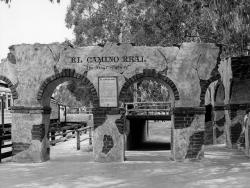
Historically, a camino real (Royal Road) is defined as a road that connects Spanish capital with Spanish capital, a distinction not shared with roads connecting ordinary Spanish or Indian villages. The term Camino Real implied that the status and privileges granted to the villas and capitals it…
Read More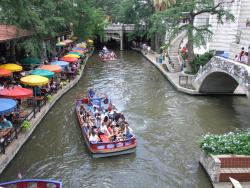
San Antonio's River Walk, a catalyst for abundant commercial and tourism enterprise, is generally regarded by cities and urban planners throughout the world as a prototype for the development of urban riverfront sites. The River Walk's success, however, would not have been possible without a…
Read More

